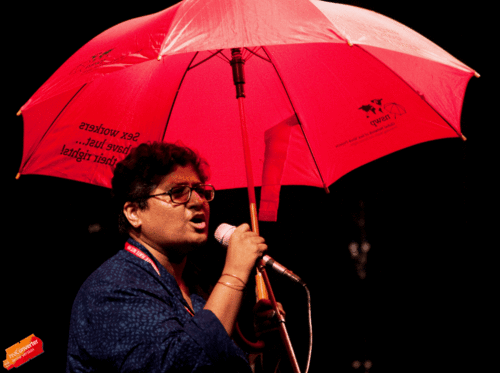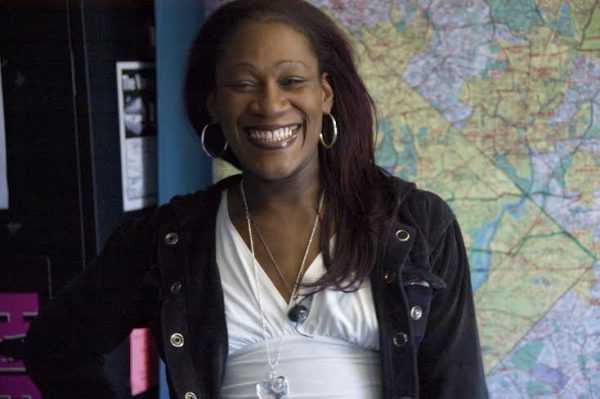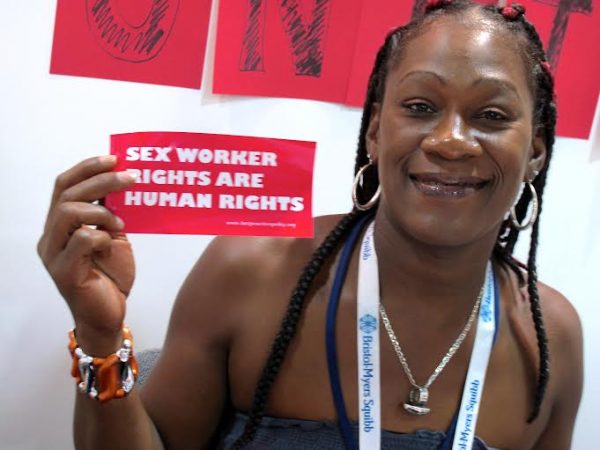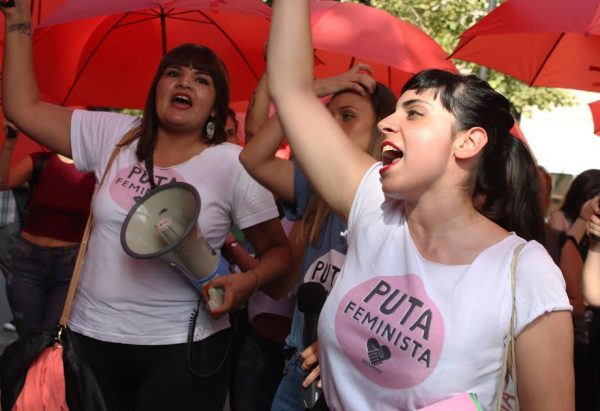Activist Spotlight: Synn Stern on Homelessness, Harm Reduction, and Sex Worker History
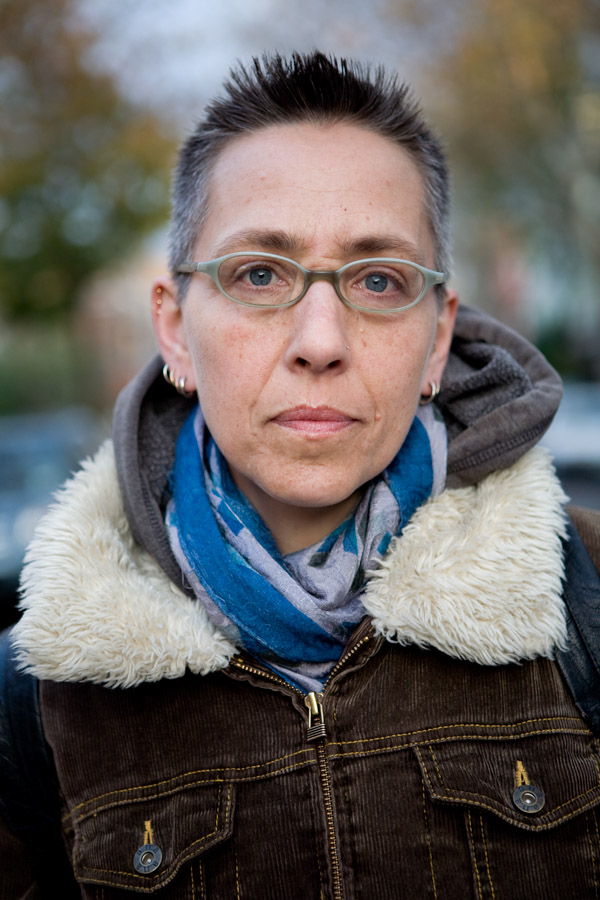
L. Synn Stern has been doing outreach work since the 1980’s. As an ex-sex worker and ex-injection drug user, she has a unique perspective on her work and the lives of her clients. She is now a certified R.N. and works as Health Services Coordinator at the Washington Heights Corner Project, a community space in Washington Heights that provides syringe exchange, counseling, and various support groups among other services. She also helps run the weekly women’s group there. I took some time to talk to her about her past doing sex work, her passion for outreach, and how she was rebirthed into the woman she is today.
What was your experience being homeless for much of your youth in NYC?
I spent a lot of time as one of the hidden homeless; the couch surfer, the office dweller, the sleeper in locker rooms, exploiting the rich, unpoliced resources of college campuses. I spent more time than that frankly homeless; out on the street with nowhere to to stash my blankets and nowhere to wash. NYC is a cruel place for those in need of a public toilet, and the more homeless one looks, the harder they are to find. Although it took me a while to figure out, as long as college was in session, I was able to keep myself together by sleeping in unused campus spaces or befriending legitimate students, eating in their cafeterias (or getting students to steal food for me) and bathing in gym buildings and the like. I lived several relatively undisturbed years in the dance building of a campus under construction. I had my own set of lockers, unlimited access to showers. Fantastic. Between semesters I ran the gamut of out-on-the-street homeless, to sleeping on trains, to living in abandoned buildings, squats, emergency rooms, and tricks’ houses. The usual thing.
How did you get involved in the sex industry? What was it like working then in comparison to how it is now?
I remember sitting in a bar once, very underage, during school hours, and the guy next to me said, “Penny for your thoughts.” I scoffed. Then he said, “Twenty bucks for your thoughts,” and it was that simple. Before that I had not realized that there was any value to what I’d been giving away.
And for the first dozen paid encounters, I felt like Queen Feminist. I felt like I’d invented it. I could not have been prouder. Of course, I was out there a long time, vulnerable, incautious and young enough to experience at lot of pain and shame as well…
The biggest difference between then and now is technology. Cars were bigger and child safety locks had not yet been invented, and there was no such thing as a cell phone, an ATM, or Craigslist. Some changes have been for the better, some for the worse.
